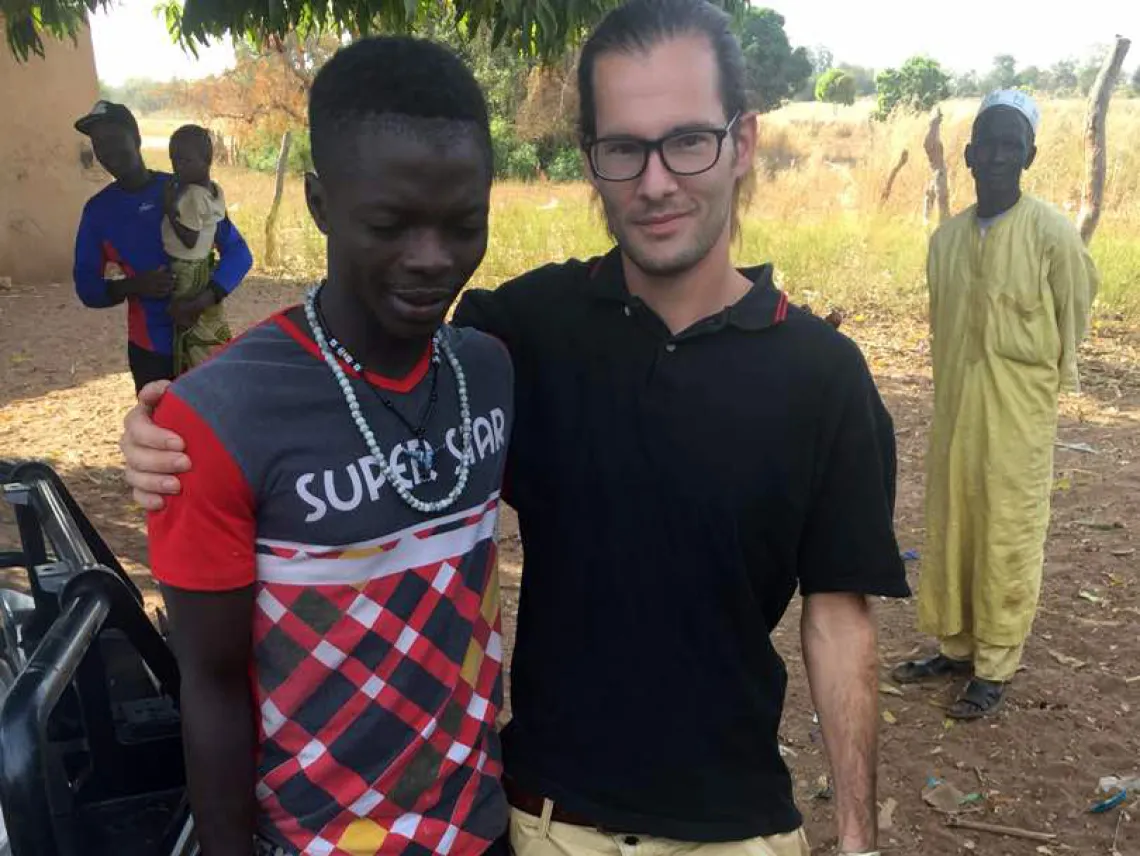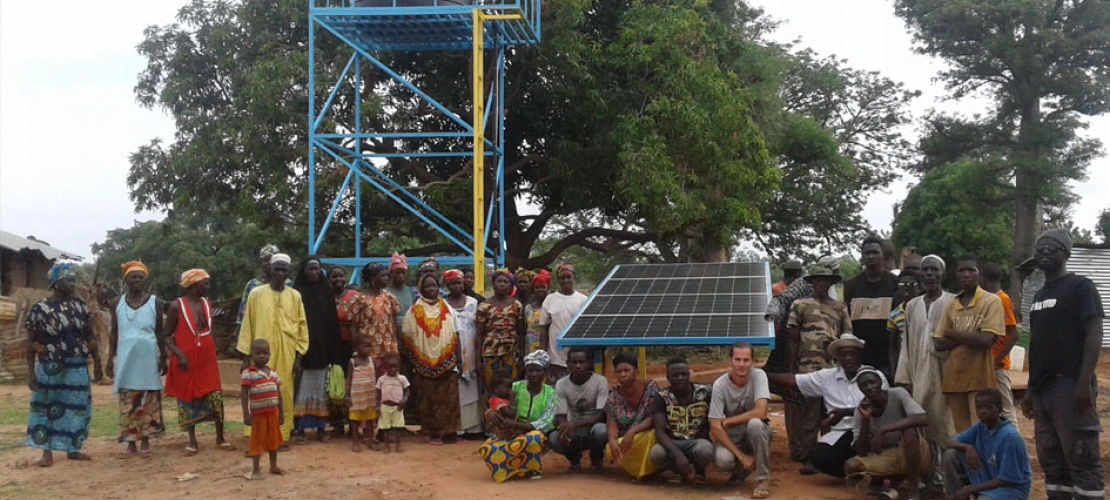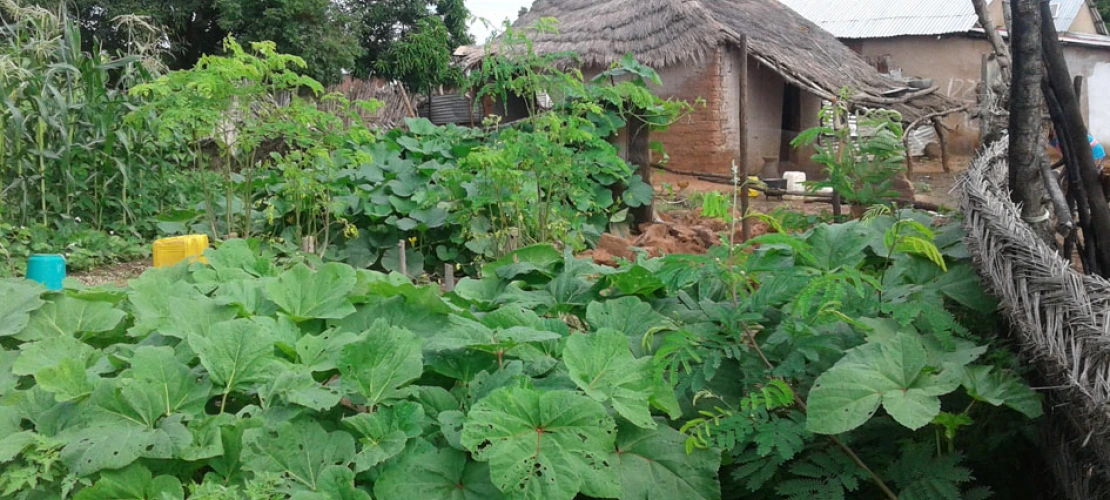Coverdell Fellow Profile: Sean Maccabe '21 MLA
Sean Maccabe served as a Peace Corps Volunteer in The Gambia before joining CAPLA's Master of Landscape Architecture program.

The University of Arizona is one of only two universities in the country to offer Coverdell Fellowships to Returned Peace Corps Volunteers (RPCVs) who are enrolled in a graduate landscape architecture program. The Coverdell Program provides tuition assistance and internship opportunities. Coverdell Fellows find a robust Peace Corps community at the University of Arizona and in Tucson, and many are CAPLA alumni.
Tell us where you went! How did that change your life?
I served in The Gambia, West Africa from 2015-2017 as an Environment and Agriculture Extension volunteer. I was placed in a small rural village by the name of Mamadi Ceesay Kunda and worked with women’s groups from the surrounding communities to host trainings on agricultural improvement techniques. We learned about mulching, composting, companion planting, perma-gardening, beekeeping, and marketing agricultural goods. As my service went on, the access to safe and clean drinking water became an issue and I dedicated the last half of my stay to securing funds and planning infrastructure for a new well system with a solar pump, holding tank, and a tap system that distributed water throughout the village.
Much of my time spent in The Gambia could not be measured by the number of trainings hosted or the projects undertaken. What changed my life was the unconditional acceptance and friendships developed with my host family and the community members that I was surrounded by constantly. Whether it was heading out to the farms to try my skills at traditional weeding practices, heading to the bush to pick wild fruit, or just hanging out in the compound, sitting under the mango tree and having a conversation about anything that came to mind; I learned a lot about just taking in the moment and to just go with it.
How did the experience lead you to studying landscape architecture at CAPLA?
While I was still training for my role as a PCV, we were learning about many types of agricultural systems in ways that involved more than learning skills and techniques of planting, weeding, harvesting etc. Some of these systems (such as permaculture) included a lot of thought on planning and design before implementation, less random than I had initially been thinking. I came from an ecological management background and had little knowledge in the design process, I wanted to learn more about it and how I would be able to integrate my background in ecology and agriculture. After researching how to go about this, I came across Landscape Architecture and knew that this was the type of program that I wanted to pursue. I looked at several schools and found that the University of Arizona and CAPLA had a strong RPCV community and decided that this is where I wanted to be.
Tell us about your current fellowship.
I am currently conducting my outreach position at Mission Garden. It is an historical timeline of agricultural practices conducted in the Tucson area over 4,000 years. From the earlier inhabitants of the Hohokam and Tohono O’odham, through Spanish colonialism and present-day practices, the gardens aim to educate and showcase Tucson’s diverse history in agriculture. I have helped with developing composting and soil regenerative strategies that could be used to improve sustainability, and currently I am working to improve the volunteer program to improve organization for the increased amounts of volunteers willing to help out at the gardens.
How do you plan to change the world?
A big focus that I would like to pursue is addressing food security through design. Integrating traditional landscape design interventions in urban, sub-urban and rural areas with access to nutritious food in a sustainable manner will be increasingly important in the future. Climate change, increasing food prices, and lack of access to quality, nutritious foods are creating a challenging issue that needs to be addressed for our future generations to have a chance to thrive.







